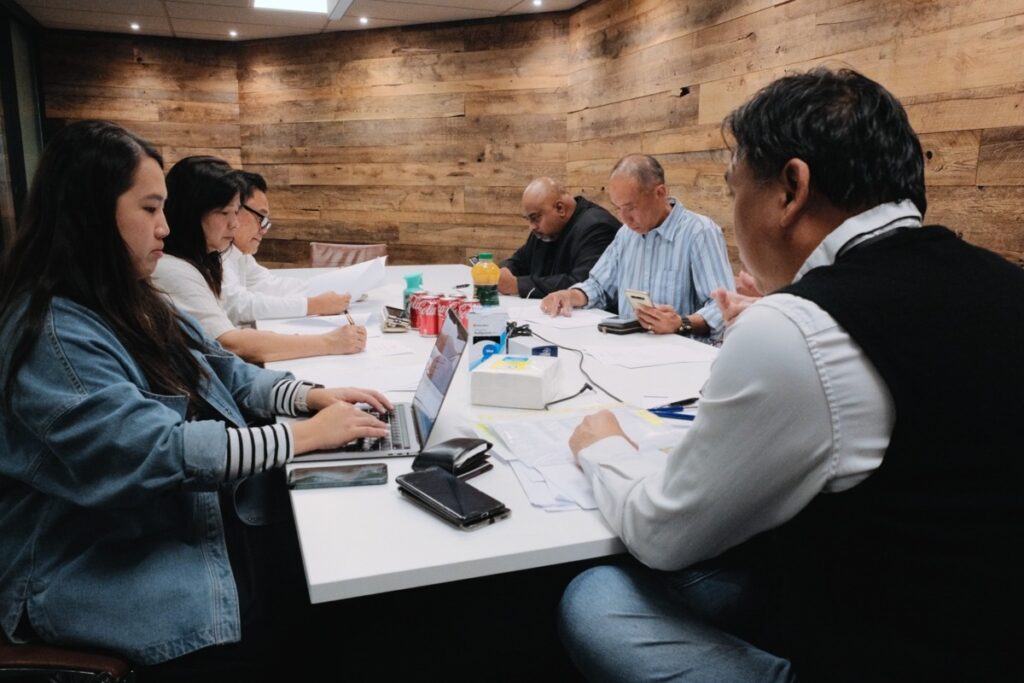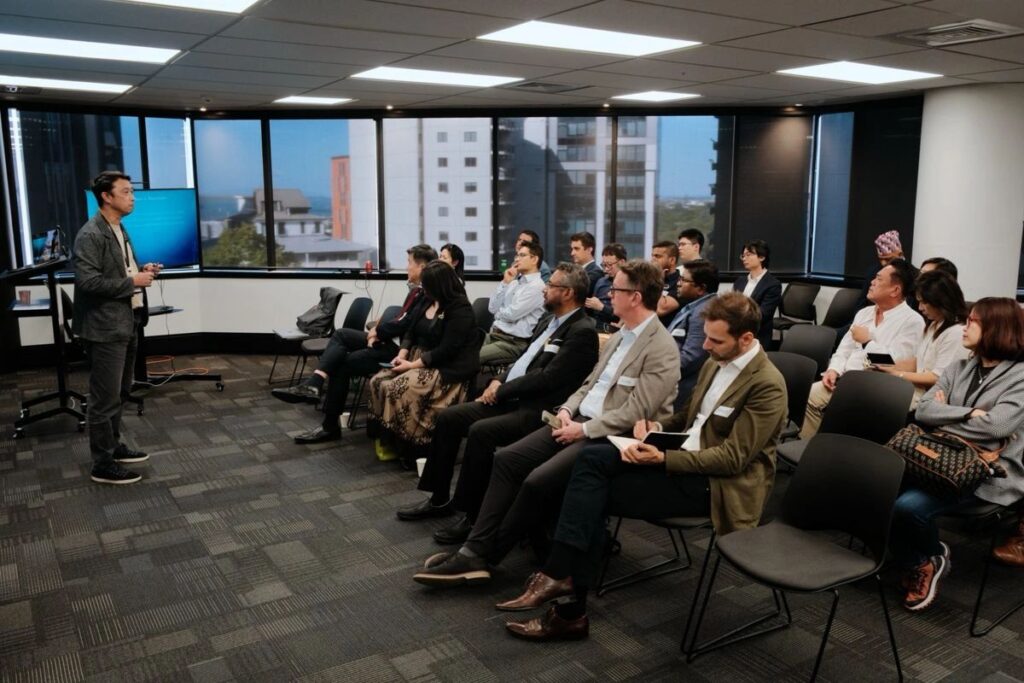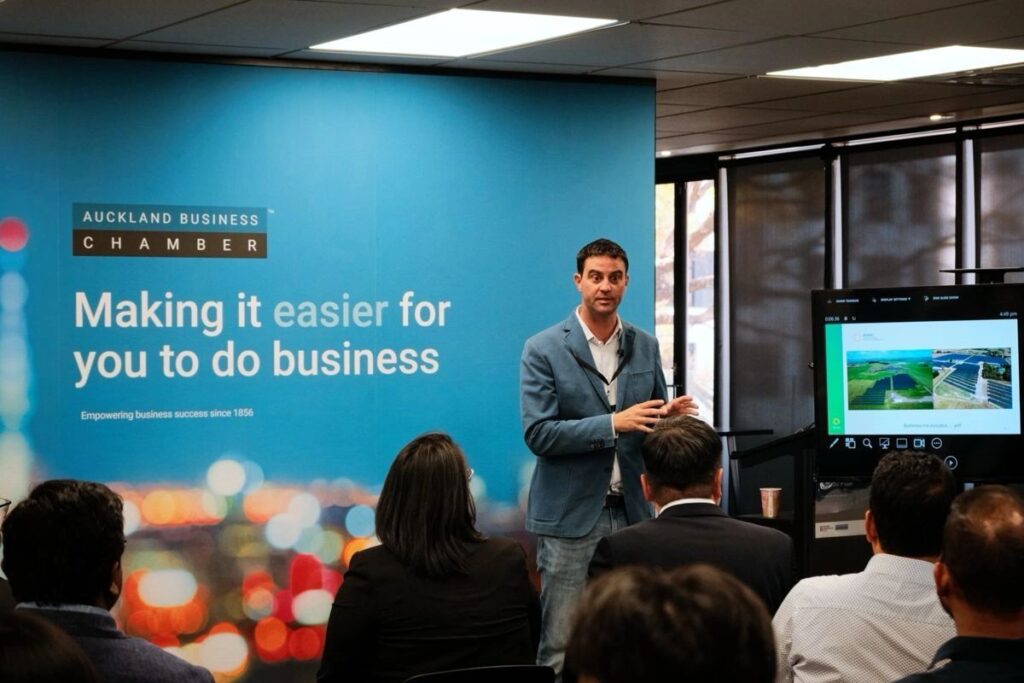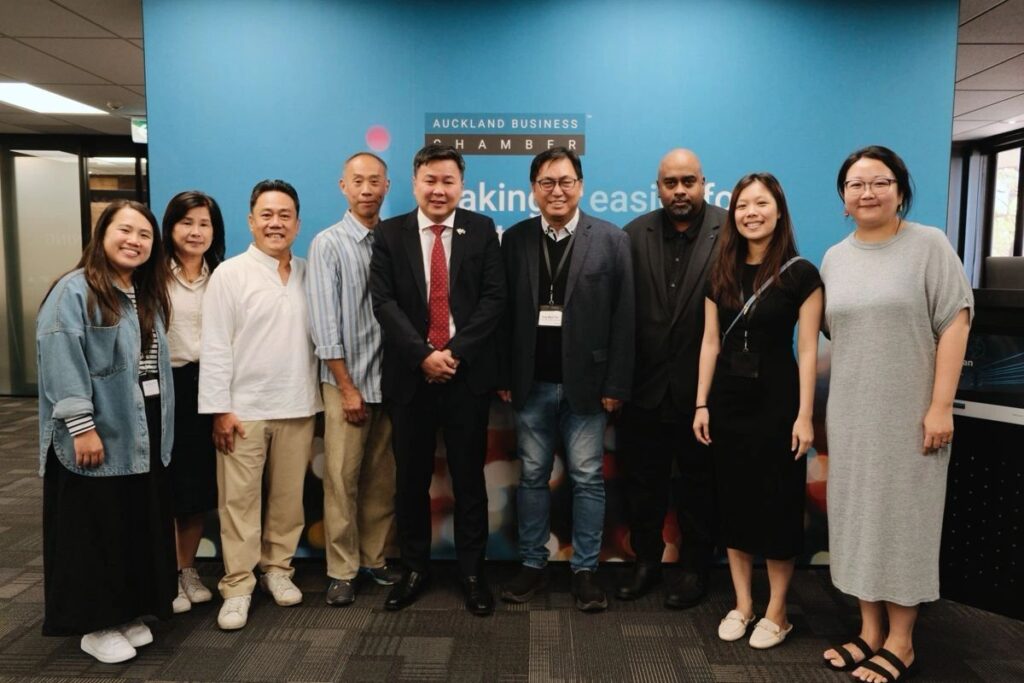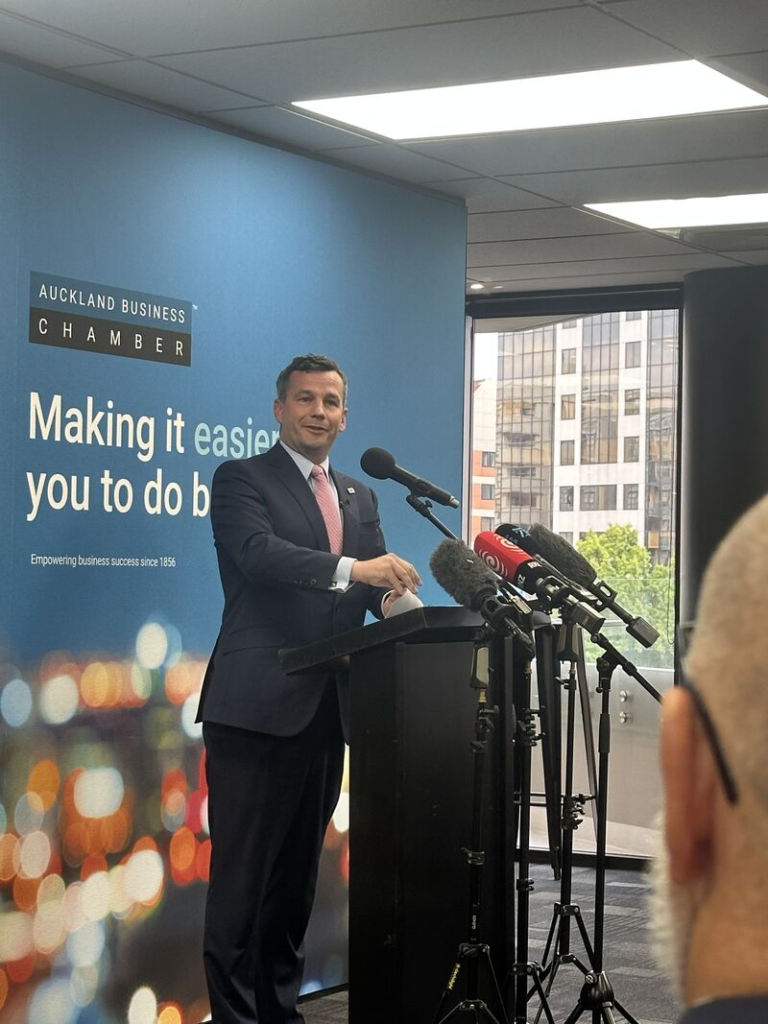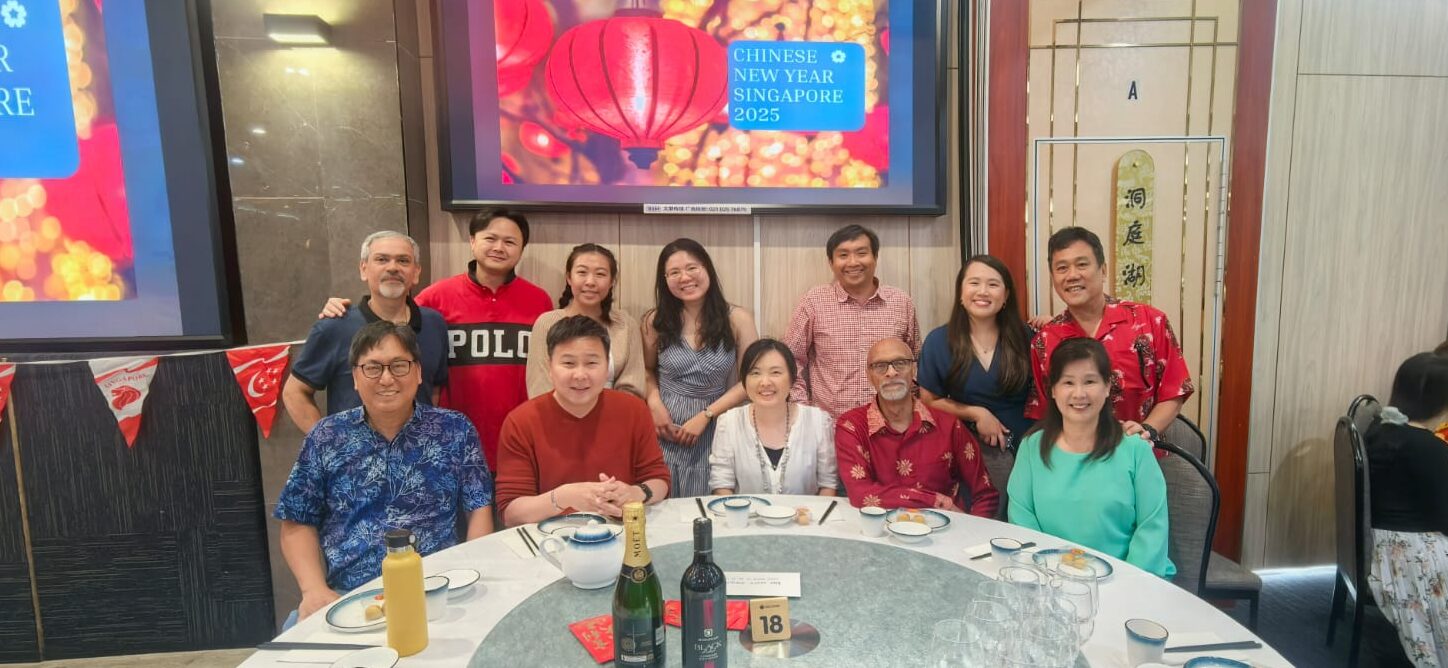Author: Conor McCoole
Investing in energy transition and decarbonisation in the Asia Pacific
Summary
SC Oscar invests in renewable energy and energy transition real assets in Asia Pacific. We screen investment opportunities by focusing on markets with realistic energy prices and regulation that allow investors to deploy capital and earn fair financial returns.
Our first investment is in a wholly-owned portfolio of solar development projects in New Zealand, the first of which is in construction. This short paper explains our Fund’s philosophy and why we chose New Zealand to make our first investment.
Context
The United Nations Brundtland Commission in 1987 defined sustainable development in simple terms: ‘the ability to meet the needs of the present without compromising the ability of future generations to meet their own needs’. Starting from about 150 years ago, the world’s energy demand has been supplied mostly by fossil fuels. Today, about 80% of total energy supply (known as ‘primary energy’) is supplied by coal, oil and gas. Reliance on fossil fuels, formed millions of years ago from organic matter, is the epitome of unsustainable development.
The fossil fuel energy system is unsustainable, inefficient and highly damaging to the environment. It is estimated that more than 60% of energy from the combustion of fossil fuels is wasted in the form of excess heat.[1] This waste heat energy is released into the atmosphere and the oceans causing global warming and extreme weather events, destroying habitats and biodiversity. Emissions from fossil fuels – some 38 billion tons in 2023 – represent 92% of total CO2 emissions released to the atmosphere.[2] Fossil fuels emissions probably represent the greatest ‘tragedy of the commons’ of all time.[3]
To stop climate change our energy system needs to be decarbonised. Put simply, we need to stop burning fossil fuels. The three main sources of energy demand are electricity generation, transport and heating, and the straightest route to decarbonisation is through electrification using power generated from renewable sources.
The decarbonisation of the energy system may seem daunting, and progress is slower than it needs to be. However, we don’t need to replace all fossil fuel primary energy, rather we need to provide the energy services that comprise approximately 40% of primary energy. Paradoxically, electrification will drive increased electricity demand and reduced primary energy demand. What’s more, the technology to achieve this decarbonisation is mature and already exists, principally solar PV, wind, batteries. What is required now is to build it at scale.
The ‘Gordian knot’ of fossil fuel reliance will be cut and the effect on fossil fuel energy system incumbents (and capital providers) will be enormous. As an example, fossil fuels (coal, oil and gas) represent about 36% of total global seaborne trade: imagine the shipping and infrastructure assets that will be stranded as energy consumption switches away from globally-traded fossil fuels to local / regional renewable energy sources. [4]
SC Oscar market selection criteria
SC Oscar was set up to drive the energy transition by investing in renewable energy in Asia Pacific. Our strategy is to develop, build and control renewable energy and energy transition assets that have long-term competitive advantages. In screening target markets we focus on:
- Energy markets. Prices must be accurate and include the effects of carbon emissions and the impact of climate change. Mispricing of energy is a sure way to stall the energy transition and to prolong the inefficient fossil fuel-based energy system.
- Regulatory arrangements: A stable regulatory environment that allows investors to determine project development timelines, deploy capital and control the sale of assets is important.
- Financial returns: We demand fair risk-adjusted returns on our capital. No one expects fossil fuel energy system investors to accept uneconomic financial returns. Without fair financial returns the energy transition will stall.
Applying these screens to markets in Asia Pacific we find that New Zealand ranks high. The electricity market is transparent; all power is traded competitively on a half-hourly basis; and there is a transparent futures market for power. We like that is has a long-established carbon emission trading system.
The regulatory environment in New Zealand permits foreign control of assets in the power sector, including land. Coupled with the consenting and grid connection regime for new developments, the timeline for development and construction is largely in the control of the investor.
SC Oscar expects to generate a 15% return at the Singapore Fund level from a portfolio of New Zealand solar projects. This compares favourably to solar investments in other Asia Pacific markets. Large investment funds might find the market opportunity in New Zealand to be too small, but we are deploying capital.
SC Oscar’s first investment
The SC Oscar team has significant experience in renewable energy (as well as fossil fuel) and infrastructure projects across Asia Pacific. We have looked in detail at a wide range of projects in many markets over several decades. Using this experience and applying the three screens above, we selected the New Zealand solar sector for our first investment.
Here is what we like about the New Zealand energy sector:
- >70% electricity demand growth through 2050 with wind and solar PV expected to contribute most new supply. [5]
- 60% of electricity is from hydro power. Solar and hydro are negatively correlated: during dry periods (hydro shortages) solar will capture power price spikes. At other times hydro can provide energy storage.
- 57% of primary energy is from fossil fuels.[6] This represents a huge opportunity given that New Zealand is a renewable energy superpower with abundant untapped wind and solar resources.
- <1% of electricity is from solar PV even though New Zealand has the same solar resource as France and the North Island has the same latitude as the Mediterranean.[7]
- Zero – there are zero subsidies and zero feed-in tariffs. New Zealand has a long-established liberalised electricity market and carbon pricing since 2008.
Here is why we are investing in Rānui Generation’s portfolio of utility-scale solar projects in the North Island:
- All projects will sell directly into the wholesale market. The projected solar weighted wholesale power price in the North Island over the next five years is around NZD 125/MWh.
- Rānui will own freehold land or secure 100 year land usage rights to enable investors capture long-term value including from repowering. As an early mover, Rānui has secured available grid capacity for all the sites.
- Rānui has negotiated 60% debt based on a 20-year amortisation profile from a local lender.
- Attractive power prices, a good solar resource and competitive debt is expected to deliver a 15% p.a. after-tax return from the solar portfolio.
SC Oscar and Rānui Generation are tackling the climate crisis by moving quickly to develop and construct solar projects in New Zealand. SC Oscar demonstrated its ability to move quickly when it exercised an option to acquire 100% of Rānui in June 2024: contractors were given notice to proceed to commence construction of the first solar farm one week later. We expect this project to be generating power in mid-2025. Based on contracts negotiated with suppliers, contractors and a lender, the framework is in place to accelerate the second and third solar projects.
With support from investors,[8] our ambitions for 2025 are:
- Commence construction of Rānui’s second and third New Zealand solar projects with 75MWp total capacity.
- Accelerate development of our renewable energy pipeline, including opportunities in solar, sustainable wood pellets and wind, with a potential output of over 850MW.
The energy transition as an investment opportunity
The low carbon energy system of the future is now clear. It comprises transmission grid interconnections, distributed generation, diverse supply sources of renewable energy, battery storage, demand management, carbon pricing and innovative, market-driven electricity tariffs.
Our closing calls for investors wanting to allocate to the energy transition:
- Legacy fossil fuel companies investing in new sectors and technologies (big oil and offshore wind come to mind) are trying to ride two horses at once. The risk of capital mis-allocation is high. Sell.
- ‘Climate tech’ breakthroughs and carbon market mechanisms are probably a distraction at this stage for mainstream investors without tolerance for high-risk. We don’t see appropriate financial returns. Avoid.
- There is an abundance of proven technology that is now highly efficient and cost-competitive. Better for investors to allocate to renewable energy funds that invest directly in projects using proven technologies where 10-12% net returns are readily achievable. This makes a meaningful impact in terms of advancing the energy transition and delivers a fair risk-adjusted return. Buy.
[1] https://rmi.org/the-incredible-inefficiency-of-the-fossil-energy-system/
[2] https://ourworldindata.org/co2-emissions For context, the total global seaborne trade in 2023 is estimated to be 12.4 billion tons.
[3] Aristotle identified the tragedy of commons: ‘That which is common to the greatest number gets the least amount of care. Men pay most attention to what is their own: they care less for what is common.’
[4] Estimate from the International Chamber of Shipping. https://www.ics-shipping.org/resource/shippings-role-in-the-global-energy-transition/
[5] https://www.mbie.govt.nz/assets/electricity-demand-and-generation-scenarios-report-2024.pdf – Environmental scenario
[6] https://www.mbie.govt.nz/assets/energy-in-nz-2024.pdf
[7] http://documents.worldbank.org/curated/en/466331592817725242/Global-Photovoltaic-Power-Potential-by-Country
[8] Our Singapore domiciled SC Renewable Energy Plus Fund 1 LP is open for subscription to accredited investors only
